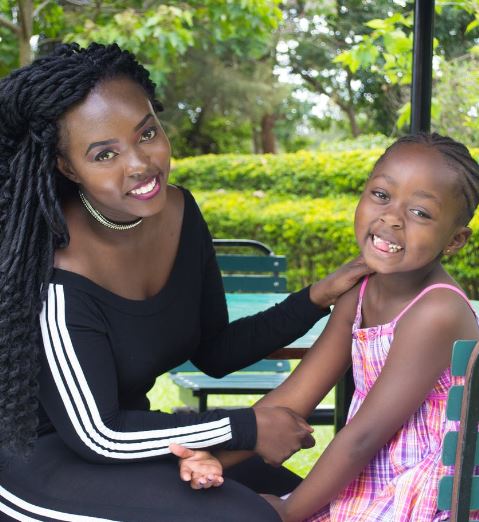
The coronavirus outbreak has led to many changes to everyday life and explaining that to children is no easy task. If like many parents you are struggling to talk to your kids about it, the Department of Health has a handy guide of 10 tips to talk to your children about COVID-19.
Here are 10 tips to talk to your children about coronavirus:
1. Be willing to talk. Your child is curious and attentive. They will already have heard something. Silence and secrets do not protect our children.
2. Honesty and openness do. Think about how much they will understand. You know them best.
WATCH: Iyanla Vanzant on how to let go of fear during the coronavirus outbreak
3. Your child may ask (many) questions. And even if your child does not ask questions or are too young to ask questions, you will notice that he or she is still curious about the changes happening in their world (and your response to it).
4. There are a lot of stories going around. Some may not be true. Get the correct information about the coronavirus (COVID-19). Speak accurately about the risk from COVID-19, based facts and latest official health advice (see 1 and 2).
5. Be open and listen. Allow your children to talk freely. Ask them open questions and find out how much they already know.
SEE ALSO: Frequently asked questions about coronavirus COVID-19
6. Be honest. Always answer their questions truthfully. Think about how old your child is and how much they can understand. Discuss the issues simply and in a calm manner. Remember young children often understand complicated issues better if we explain it to them in a concrete manner.
7. It is OK to not know the answers. It is fine to say “we don’t know but we are working on it” or “we don’t know but we think.” Use this as an opportunity to learn something new with your child.
8. Be supportive. Your child may be scared or confused. Give them space to share how they are feeling and let them know you are there for them.
SEE ALSO: How to make a cloth mask
9. Heroes not bullies. Explain that COVID-19 has nothing to do with the way someone looks, where they are from, or what language they speak. Tell your child that we can be compassionate to people who are sick and those who are caring for them. Look for stories of people who are working to stop the outbreak and care for sick people.
10. End on a good note. Check to see if your child is okay. Remind them that you care and that they can talk to you anytime. Then do something fun together.
Take a look.
Hi @MthobisiShabane. In the meantime: Talk to your young child about Covid-19. Be open and listen. Allow your child to talk freely. Ask them open questions and find out how much they already know as they will already have heard something. pic.twitter.com/Yk8nTzR529
— Gauteng Health (@GautengHealth) April 25, 2020
